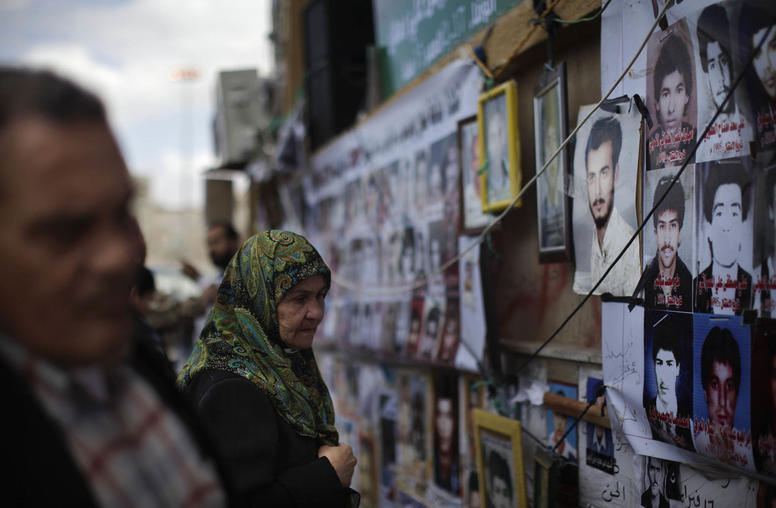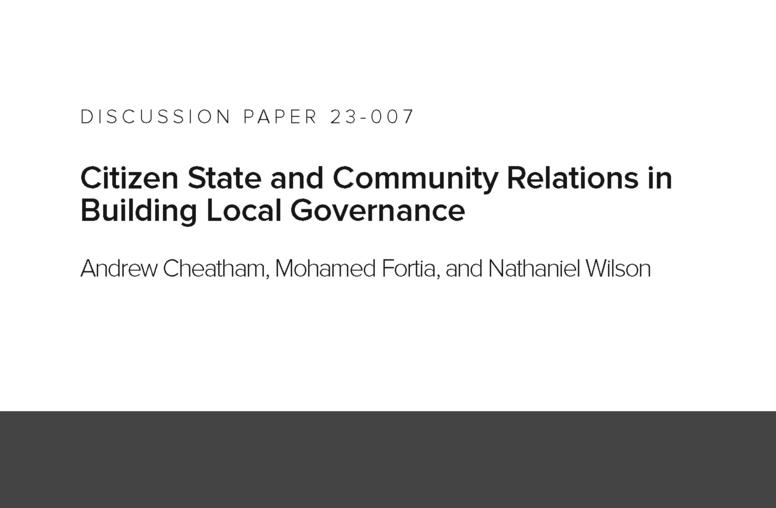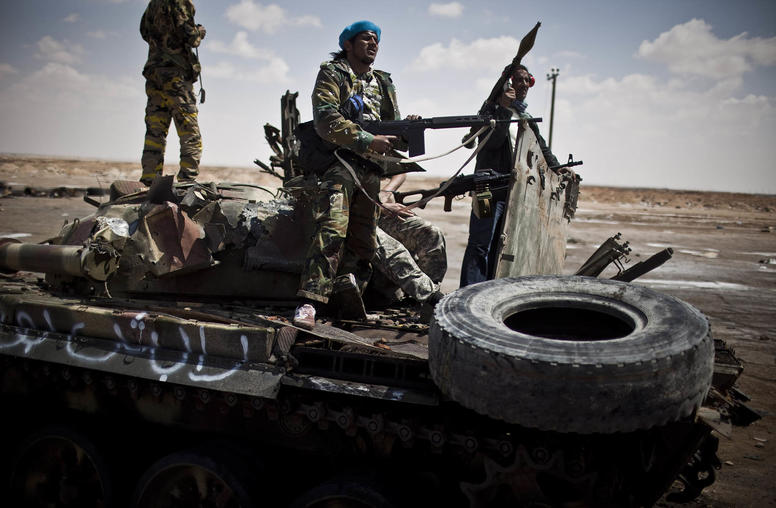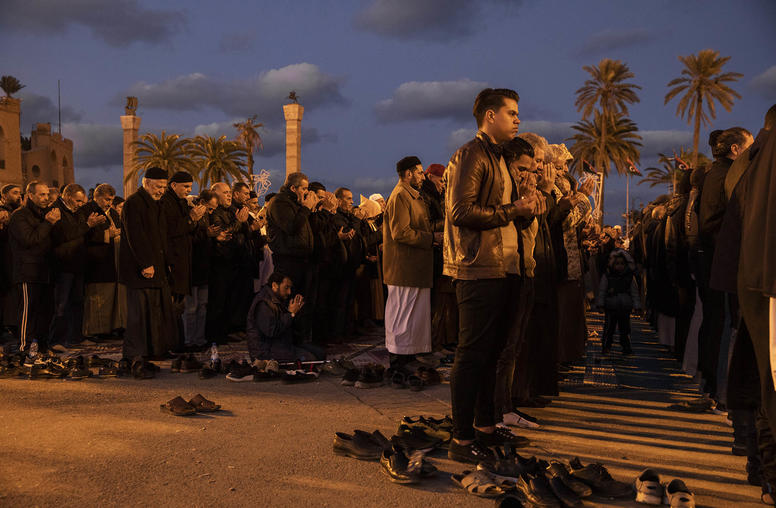International Court Issues Arrest Warrant for Qaddafi
USIP’s Lawrence Woocher discusses the International Criminal Court’s arrest warrant for Libyan leader Col. Muammar al-Qaddafi and how this may impact efforts to end the fighting.
June 28, 2011
USIP’s Lawrence Woocher discusses the International Criminal Court’s arrest warrant for Libyan leader Col. Muammar al-Qaddafi and how this may impact efforts to end the fighting.
- On what grounds did the International Criminal Court issue an arrest warrant for Libyan leader Col. Muammar al-Qaddafi?
- What evidence does the court have against him?
- Is this move primarily symbolic? Will it promote peace and justice in Libya?
- What happens next?
On what grounds did the International Criminal Court issue an arrest warrant for Libyan leader Col. Muammar al-Qaddafi?
The investigation began after the United Nations Security Council referred the situation in Libya to the prosecutor of the ICC. Last month, the chief prosecutor, Luis Moreno-Ocampo, submitted requests for arrest warrants for Qaddafi, his son, Saif Al-Islam Qaddafi, and Libya’s intelligence chief, Abdullah Al- Senussi. Ocampo argued that these three individuals were criminally responsible for crimes against humanity. The pre-trial chamber concluded that there are “reasonable grounds to believe” the prosecutor’s case, which is the evidentiary standard required to issue arrest warrants.
What evidence does the court have against him?
The arrest warrant for Qaddafi cites “reasonable grounds to believe that…a State policy was designed at the highest level of the Libyan State machinery and aimed at deterring and quelling, by any means, including by the use of lethal force, the demonstrations of civilians against Qaddafi’s regime.”
The prosecutor presented evidence—based on interviews with insiders and eyewitnesses as well as review of documents, photos and videos—that hundreds of civilians were killed, hundreds injured, and hundreds more arrested by the Libyan Security Forces in the latter half of February 2011, amounting to crimes against humanity.
Is this move primarily symbolic? Will it promote peace and justice in Libya?
Qaddafi clearly won’t submit himself to the Court voluntarily, and the ICC itself has no enforcement power, so the execution of the warrants depends on whether he is dislodged from power. Some fear that the public warrant for his arrest, which can only be suspended by Security Council action, will complicate efforts to persuade Qaddafi to step down in a negotiated settlement.
At the same time, the international community has a strong interest in rejecting impunity in Libya and beyond. Even if Ocampo is right in arguing that “implementing the arrest warrants will be the most effective way to protect civilians under attack in Libya and elsewhere,” there may be a short-term tension between peace and justice.
What happens next?
Chances are that little that is observable will follow directly from the issuance of the arrest warrants. The Court’s actions could affect the internal dynamics and decision making within Qaddafi’s regime, possibly tipping some supporters toward defection, but also reducing options for a negotiated resolution. Unless and until the regime falls, it is difficult to see a path from issuance of the arrest warrants to Qaddafi’s prosecution in the Hague.



